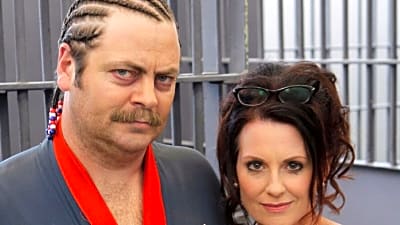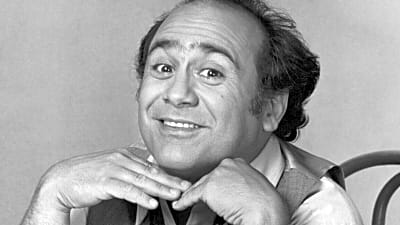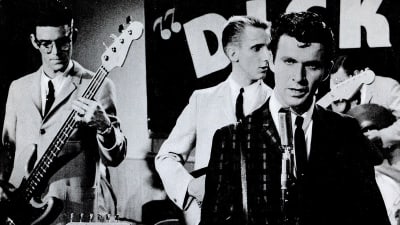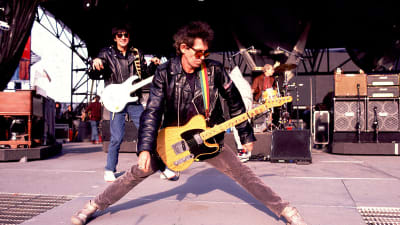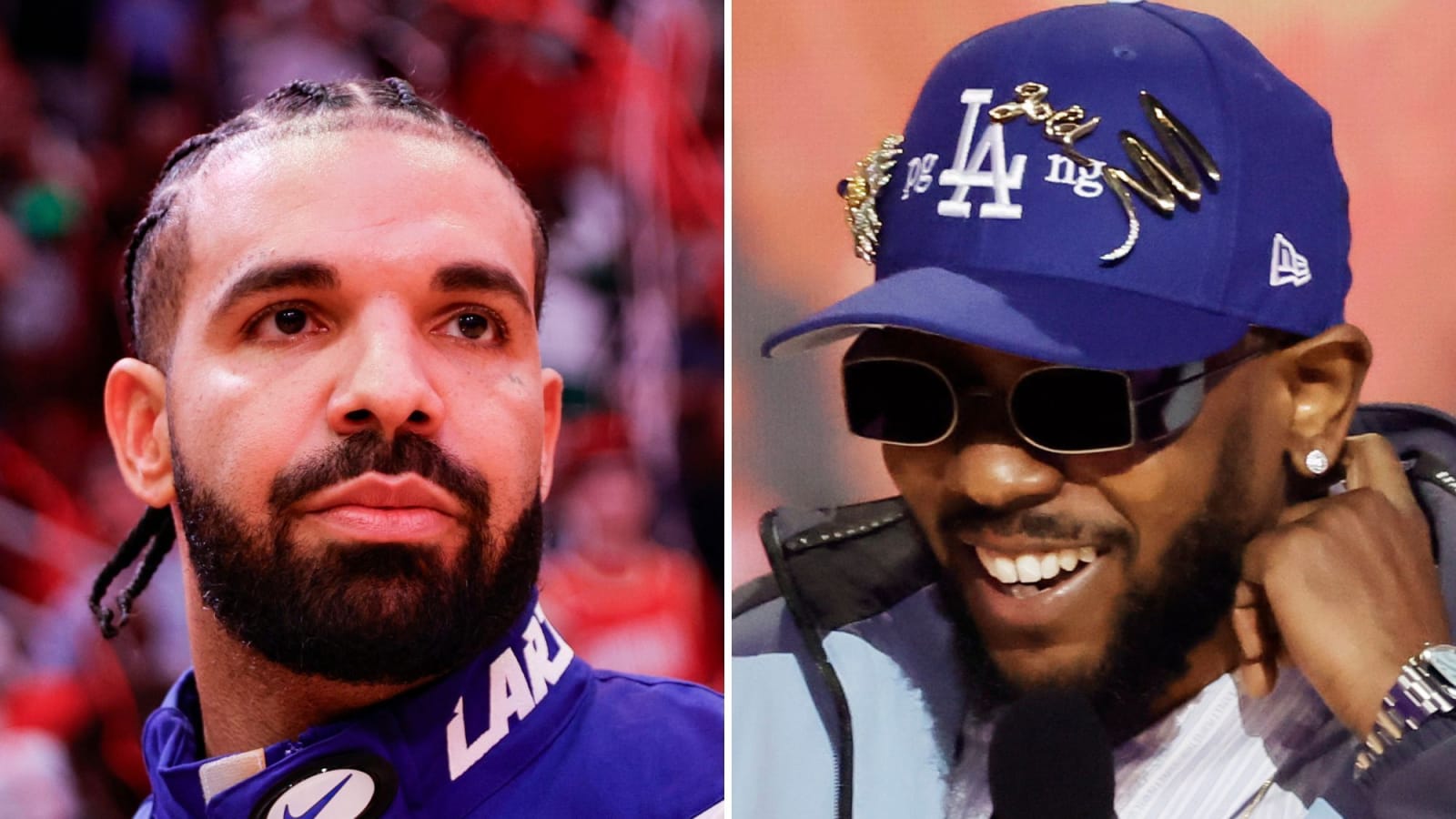
A group of legal scholars is pushing back on Drake's lawsuit with Universal Music Group (UMG), with attorneys cautioning that the defamation case over Kendrick Lamar's diss track "Not Like Us" could endanger core protections of free speech under the First Amendment.
In a legal filing on May 14, four scholars — Charis Kubrin, Jack Lerner, Adam Dunbar, and Kyle Winnen — filed an amicus brief in support of UMG's motion to dismiss the suit. The scholars criticized Drake's legal strategy for relying on the literal interpretation of the lyrics, calling it both "faulty" and "dangerous."
"Drake's defamation claim rests on the assumption that every word of 'Not Like Us' should be taken literally, as a factual representation," they wrote. "This assumption is not just faulty—it is dangerous."
Legal Brief Cites Risk of Racial Bias and Censorship
The scholars contended that the lyrics in hip-hop, especially in diss tracks, are exaggerated and metaphorical, and to give them their literal meaning in court would be to constrict artistic expression, because to interpret them otherwise would permit racial bias to enter the criminal justice system.
"When rap lyrics are admitted, it is because they are treated as literal. This in turn opens the door to racial bias and stereotypes into the courtroom, as empirical studies have demonstrated," the brief stated, per AllHipHop.
The filing underscored the broader consequences of the lawsuit, pointing out that to enforce the law so as to hold artists legally responsible for the figurative content of their work threatened to chill free expression — in particular for Black artists working within historically maligned genres like hip-hop.
Drake sued UMG for defamation in January 2025, several months after Lamar's chart-topping diss track "Not Like Us" alleged that the Toronto artist had predatory behavior. According to the lawsuit, UMG not only did not prevent the song from seeing the light of day, but took steps to promote its success by use of bots and paid influencers.
"UMG did not rely on chance, or even ordinary business practices," Drake alleged in a previous filing. "It instead launched a campaign to manipulate and saturate the streaming services and airwaves."
The rapper's lawyers also made racketeering allegations in the suit under the RICO Act, stating that UMG was involved in a broader campaign to ruin his image.
Drake made similar allegations against Spotify in the initial lawsuit filed in November 2024, though the streaming service was not named in the amended complaint.
UMG Responds as Case Develops
UMG sought to dismiss the case in March, arguing the claims were without merit. Drake also filed a third amended lawsuit in April that includes new details about Lamar's rendition of "Not Like Us" at the 2025 Super Bowl and the Grammys, where the song won five, including song of the year and record of the year.
In a reply, UMG's lawyers said that Lamar did not perform the song at the Super Bowl with the controversial lyric that forms the core of Drake's complaint.
"As Drake concedes, Kendrick Lamar's Super Bowl performance did not include the lyric that Drake or his associates are 'certified p***philes' (i.e., the alleged 'Defamatory Material' that is at the heart of this case)," UMG said.
More must-reads:
- No words: The 20 greatest instrumental tracks ever recorded
- Kelly Clarkson postpones the start of her Las Vegas residency hours before it kicked off
Breaking News
Trending in Entertainment
Customize Your Newsletter
 +
+
Get the latest news and rumors, customized to your favorite sports and teams. Emailed daily. Always free!
